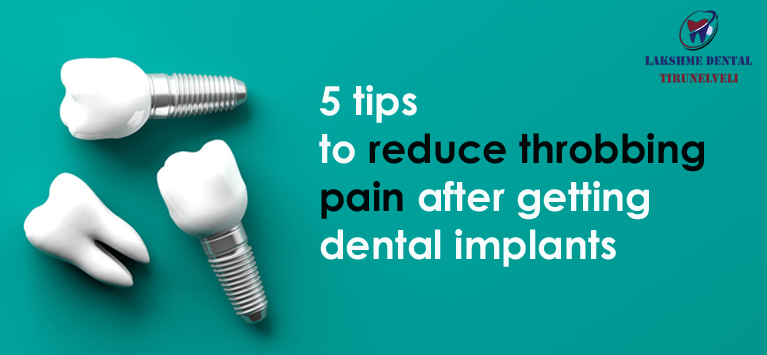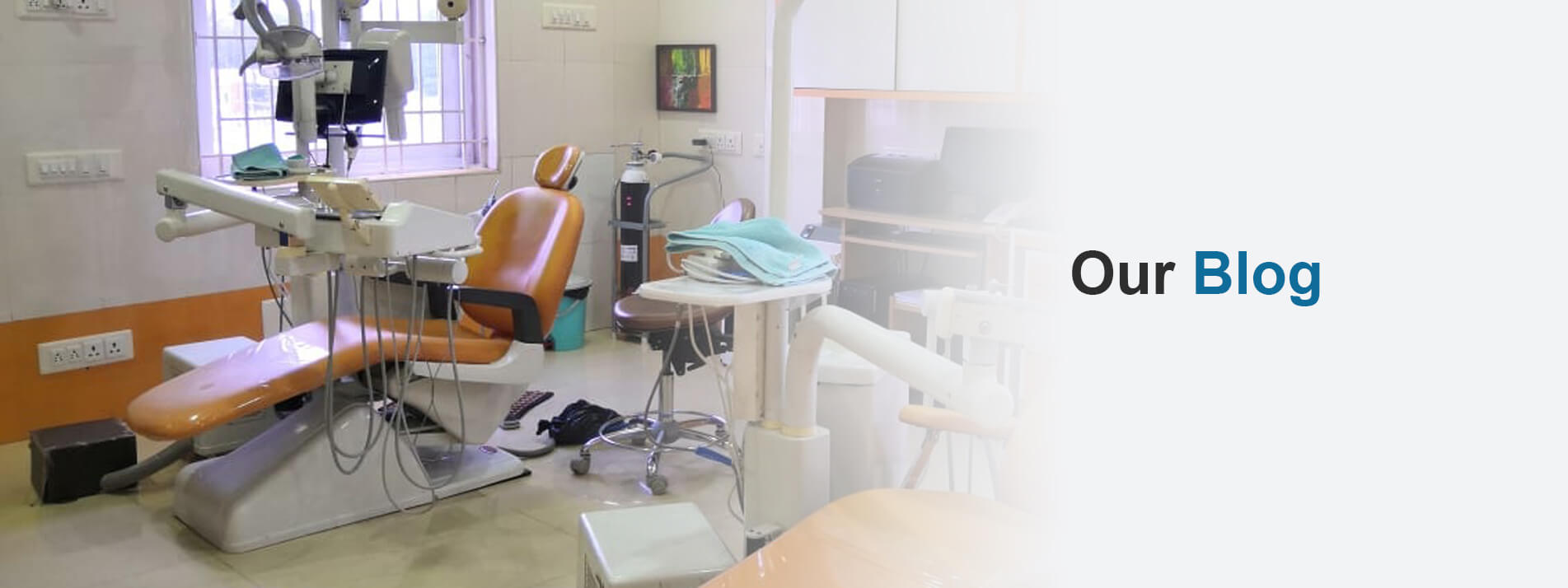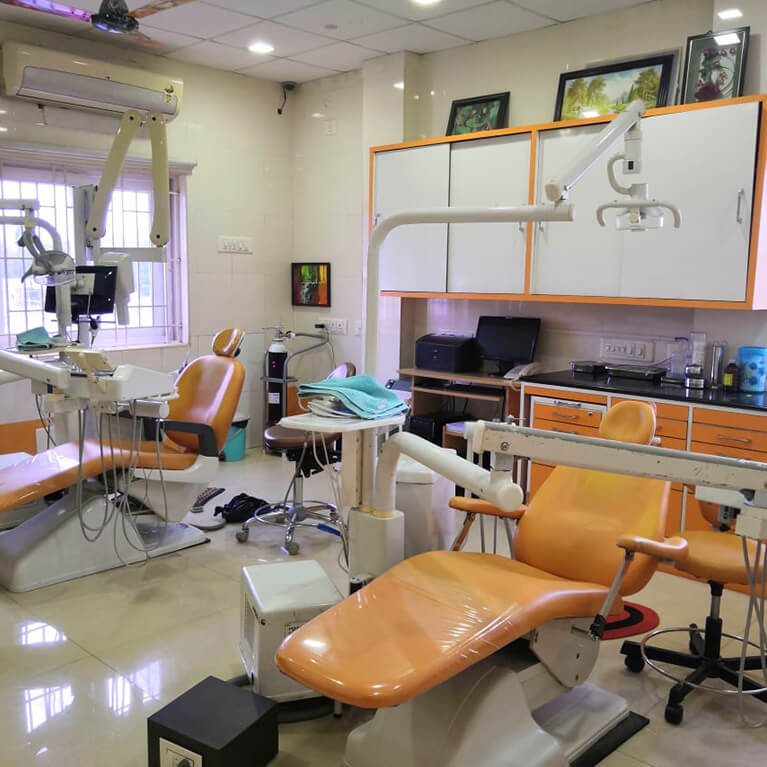
5 Tips to reduce throbbing pain after getting dental implants
Fixing implant teeth is an excellent way of tooth replacement and it is recommended for several reasons. The fixed implant teeth guarantee a long-lasting solution and healthy smile whilst preventing jaw bone loss. The implants are fixed with a surgical procedure under local anesthesia or conscious sedation. When the sedation wears off, you will feel little discomfort like bruising, soreness, swelling and pain around the implant site.
Meanwhile, the degree of pain varies for each person depending on factors like implant location, complexity of the surgery, patient’s health complications, etc. Such side effects are common in the initial stages of recovery and can go with the implant heals.
Luckily, there are ways to manage implant pain at home that are discussed in this post. Here are the tips to minimize pain during recovery after getting implants.
1) Limit physical activities
Doing arduous works or strenuous exercises immediately after dental implant surgery will increase blood pressure. It is followed by unnecessary bleeding that disrupts the blood clots and persists the healing process. Hence you should not involve in any physical activities for a few days after fixing implants.
We recommend our patients to take complete rest on the day of getting implants. Moreover, even if you feel well, don’t indulge in tough exercises for the first 3 days after surgery.
2) Cold Compress
Applying ice packs around the painful areas is a well-known remedy for various dental disorders. This is also recommended to reduce aching pain in implants. The cold compress we apply takes care of reducing the temperature and calm down the throbbing nerves in the treated region. This eventually reduces pain and swelling in the implant fixed region.
Dental doctors suggest cold compress for the first 2 days following surgery by applying ice packs for 15 minutes at regular intervals.
3) Don’t forget the prescribed medications
Dental doctors prescribe over the counter painkillers like Ibuprofen or painkilling medications like Analgesics for 2 to 3 days after the implant surgery. Taking such medications on given instructions and dosage will keep the pain under control.
4) Soak your mouth with warm water and baking soda
You should adjust your dental hygiene activities a bit during the recovery period. Brushing or flossing around the implant teeth may disturb the blood clots. Meanwhile, poor oral hygiene actions increase the risk of bacteria accumulation over the implant fixed region.
The microbes intervene in the healing process and can trigger pain in the implant teeth. So we recommend washing your mouth with the lukewarm water and baking soda solution.
Add 1 tsp of baking soda to a cup of warm water. Soak your mouth with this solution for a few minutes. Don’t swish or rinse your mouth with this mixture as it can dislodge the blood clots developed.
Daily soaking of mouth with baking soda solution for a few minutes will help you to get rid of pain and keep the implant teeth far away from bacteria infection.
5) Eat Soft foods
Implantologists recommend the patients to maintain a diet consisting of soft foods and liquid foods during the recovery period.
This is because the pressure applied with biting and chewing hard foods will weaken the anchor support. Besides this, the soft food items also aid in reducing the pain.
To put it simply, replace your diet menu consisting of acidic, spicy and hard foods with
- Soft food items like curd rice, Kichdy
- Mashed fruits
- Foods rich in nutrients
Bottom line
Recovery after an implant surgery will be relatively short with minimal risks if you follow the post-operative instructions suggested by your implantologist. Side effects like pain, swelling, bruising you encounter after getting implants are common and subside within a few days.
If you notice the pain increased or the level of discomfort remain the same for weeks, it might be a risk of infection. You should consult your dentist once.










